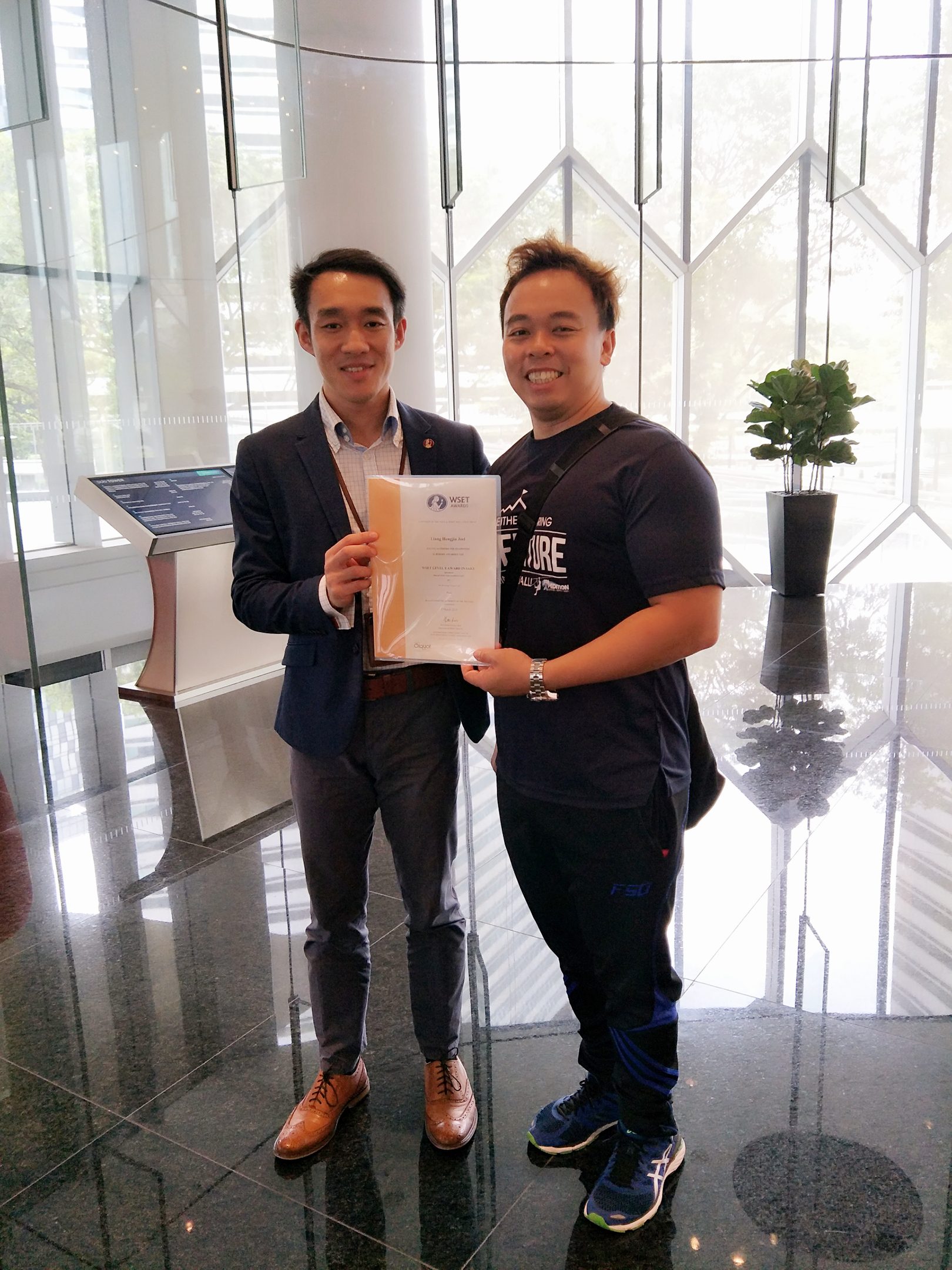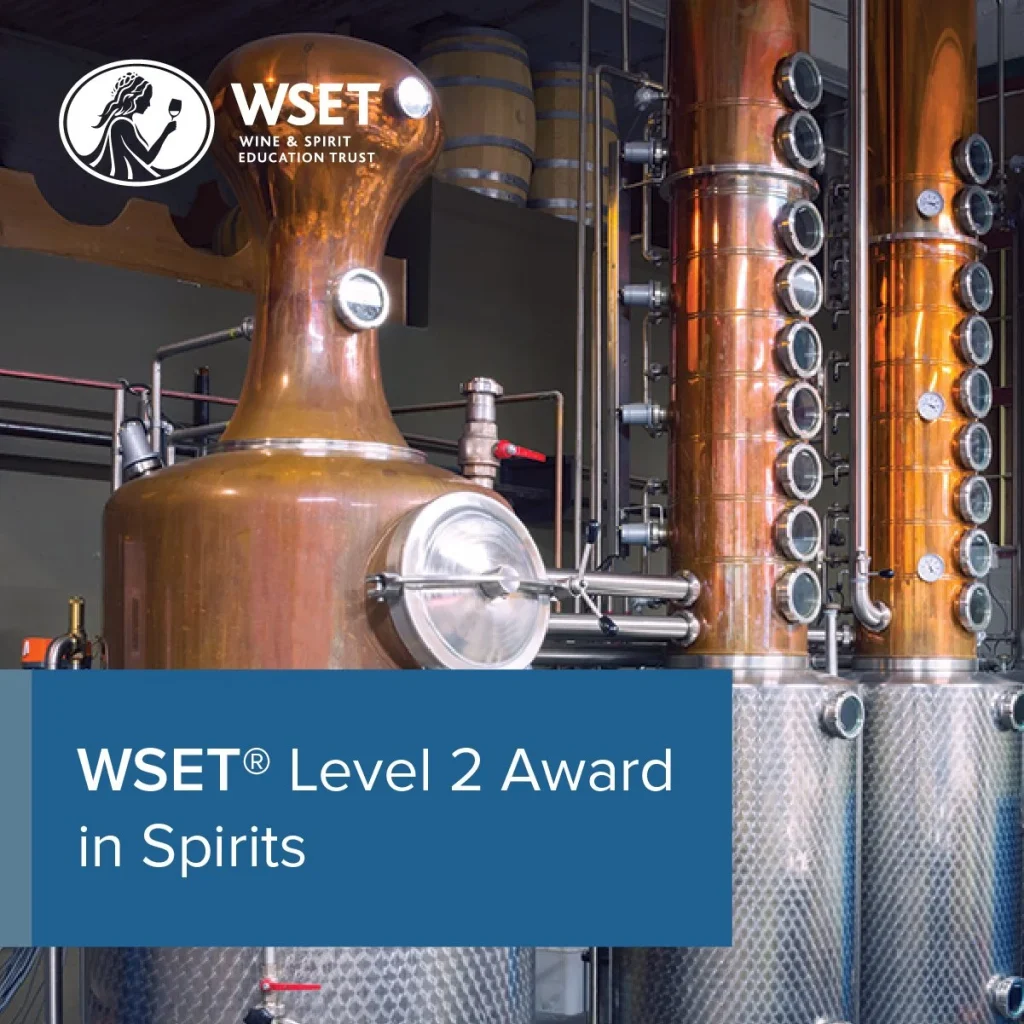In the world of wine, knowledge is power. For those looking to deepen their understanding of wine and spirits, the Wine & Spirit Education Trust (WSET) offers a structured and internationally recognized pathway to expertise. Whether you’re a professional in the hospitality industry or a passionate enthusiast, WSET provides a framework for learning that can elevate your career and appreciation of wine.
This article explores what WSET is, its history, the different levels of certification, and why it’s a valuable credential for anyone interested in the world of wine.
What is WSET?

The Wine & Spirit Education Trust, commonly known as WSET, is an educational organization based in the United Kingdom. Founded in 1969, WSET has become the leading authority in wine and spirit education worldwide. Its mission is to promote high-quality education and training in wines, spirits, and other alcoholic beverages for both professionals and consumers.
WSET offers a range of qualifications, from beginner to advanced levels, covering topics such as wine production, tasting techniques, and the cultural and historical significance of various beverages. These programs are designed to provide students with objective wine tasting skills, international recognition, and a network of like-minded professionals and enthusiasts.
History of WSET

The origins of WSET trace back to the late 1960s when the Wine & Spirit Association’s Education Committee sought to create a more formalized approach to wine education. With financial support from the Vintners’ Company, the trust was established in 1969. Over the years, WSET has expanded its reach, developing programs that cater to a global audience.
In 1991, the trust extended its remit to include the general public, offering courses such as Wine Appreciation Seminars and Tutored Tastings. Today, WSET is accredited by OfQual, the UK Government’s education regulator, and its qualifications are part of the UK’s National Qualifications Framework.
WSET Levels Explained
WSET offers several levels of certification, each building on the previous one. Here’s a breakdown of the main levels:
Level 1 Award in Wines
This introductory course is ideal for those new to the world of wine. It covers the basics of wine production, types of wine, and how to taste them. Students will also learn about the key factors that influence flavor and aroma.
- Entry Requirements: No prior knowledge is required.
- Assessment: A closed-book exam with 30 multiple-choice questions.
- Duration: Typically takes about 2 months to complete, including self-study, classes, and the exam.
Level 2 Award in Wines
Building on the foundation of Level 1, this course delves deeper into wine regions, grape varieties, and tasting techniques. It’s suitable for those who want to advance their knowledge and potentially pursue a career in the wine industry.
- Entry Requirements: Completion of Level 1 or equivalent experience.
- Assessment: A combination of written exams and practical tastings.
- Duration: Around 4-6 months, depending on study pace.
Level 3 Award in Wines
Considered the most challenging of the WSET courses, Level 3 is designed for those who want to become experts in wine. It covers advanced topics such as wine production, regional characteristics, and sensory evaluation.
- Entry Requirements: Completion of Level 2 or equivalent experience.
- Assessment: A 2-hour 30-minute exam consisting of theory (2 hours) and a blind tasting (30 minutes).
- Passing Score: 55% or higher in both parts.
Level 4 Diploma in Wines
This is the highest level offered by WSET and is intended for those seeking a career in the wine trade or as a wine educator. The program includes in-depth study of wine regions, viticulture, and business practices.
- Entry Requirements: Completion of Level 3 or equivalent experience.
- Assessment: A series of written exams and a final project.
- Duration: Typically takes 12-18 months to complete.
Why Choose WSET?
There are several reasons why WSET is a popular choice for wine education:
1. Structured Learning
WSET provides a clear and organized curriculum that covers all aspects of wine and spirits. This makes it easier for students to build their knowledge step by step.
2. International Recognition
WSET qualifications are recognized globally, making them a valuable asset for professionals in the hospitality and retail sectors.
3. Networking Opportunities
Students have access to a large community of wine enthusiasts and professionals, which can lead to valuable connections and career opportunities.
4. Practical Skills
WSET emphasizes hands-on learning, particularly in tasting and sensory evaluation. This helps students develop the skills needed to assess and describe wines effectively.
5. Career Advancement
For those in the hospitality industry, WSET certifications can open doors to promotions and specialized roles, such as sommelier or wine buyer.
WSET and Sake

In addition to wine, WSET also offers courses in sake, a traditional Japanese rice wine. The WSET Level 1 and Level 3 Awards in Sake provide an introduction to the world of sake, covering its production methods, styles, and tasting techniques.
These courses are ideal for those interested in expanding their knowledge of alcoholic beverages beyond wine. They also offer a unique opportunity to explore the cultural and historical significance of sake.
Preparing for WSET Exams
Success in WSET exams requires dedication, preparation, and a passion for wine. Here are some tips to help you succeed:
1. Self-Study
WSET recommends around 50 hours of self-study before attending classes. Use the provided materials, including books, guides, and tasting sheets, to familiarize yourself with the content.
2. Attend Classes
Classes typically last about 5 days and include both theoretical instruction and group tasting sessions. Take advantage of this time to ask questions, participate actively, and take detailed notes.
3. Practice Tasting
Develop your tasting skills by practicing regularly. Focus on identifying aromas, flavors, and textures in different wines.
4. Stay Organized
Keep track of your progress and set realistic goals. Create a study schedule that allows you to cover all the material without feeling overwhelmed.
5. Stay Positive
Maintain a positive mindset and stay motivated throughout the process. Remember that the journey to becoming a wine expert is just as rewarding as the destination.
Conclusion
The Wine & Spirit Education Trust (WSET) is a powerful tool for anyone looking to deepen their knowledge of wine and spirits. Whether you’re a professional in the hospitality industry or a passionate enthusiast, WSET offers a structured, internationally recognized path to expertise.
From beginner-level courses to advanced diplomas, WSET provides the skills, knowledge, and networking opportunities needed to thrive in the world of wine. By investing in WSET education, you’re not only enhancing your own understanding but also contributing to the broader community of wine lovers around the globe.
Author: Sarah Thompson
Title/Role: Wine Education Specialist
Credentials: Sarah has over 10 years of experience in the wine industry, including roles as a sommelier and wine educator. She holds a WSET Level 3 certification and has contributed to numerous articles on wine education and appreciation.
Profile Link: www.sarahthompsonwine.com
Sources:
1. WSET Official Website
2. Scandinavian Wine Academy
3. Molinvin – Anders Molin’s Wine Education
Related Articles:
– How to Become a Sommelier
– Understanding Wine Tasting Techniques
– The Role of Wine in Global Culture
Call to Action:
Ready to take your wine knowledge to the next level? Explore WSET courses today and start your journey toward becoming a certified wine expert.











More Stories
What Is Yodo Para Tiroides and How Does It Affect Thyroid Health?
How to Claim Your Joy in League of Legends: A Step-by-Step Guide
US Trending News: What Are Winter Bones? A Guide to the Seasonal Trend in Bone Health